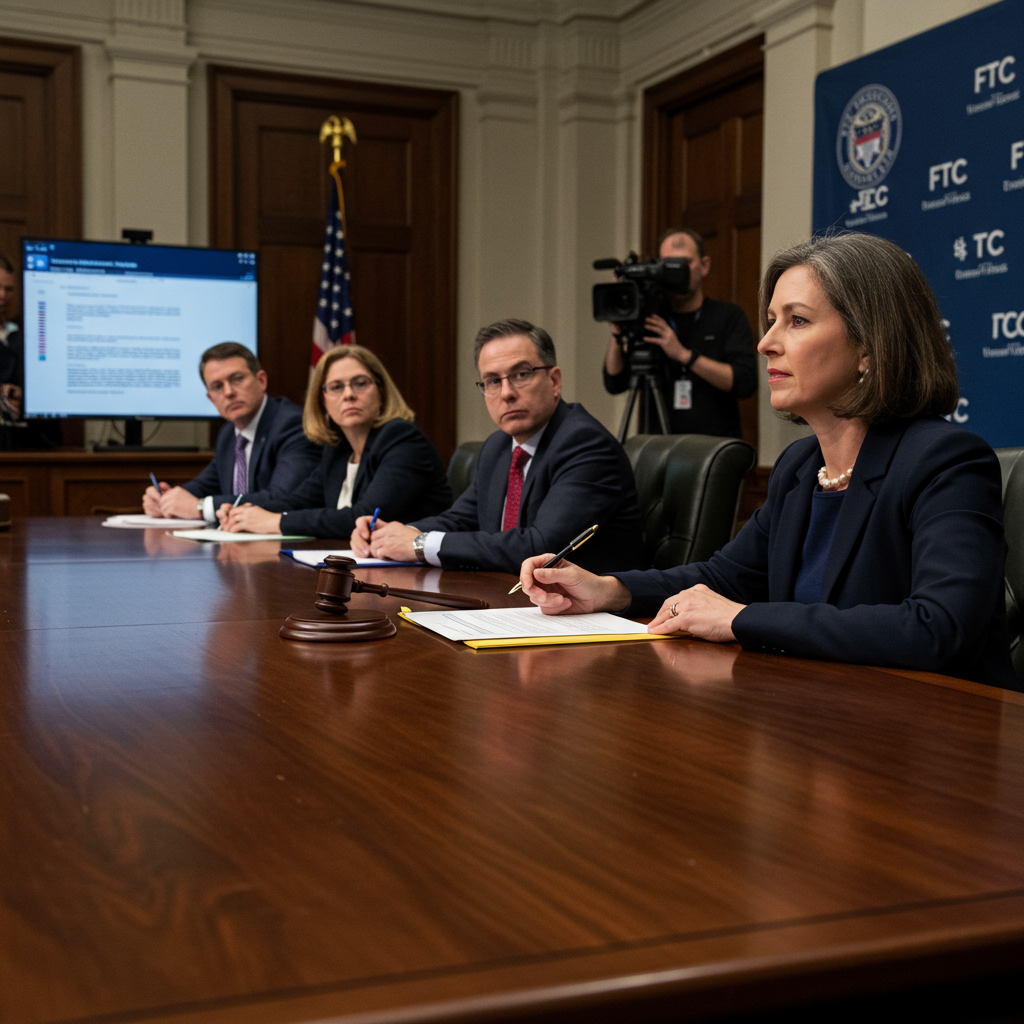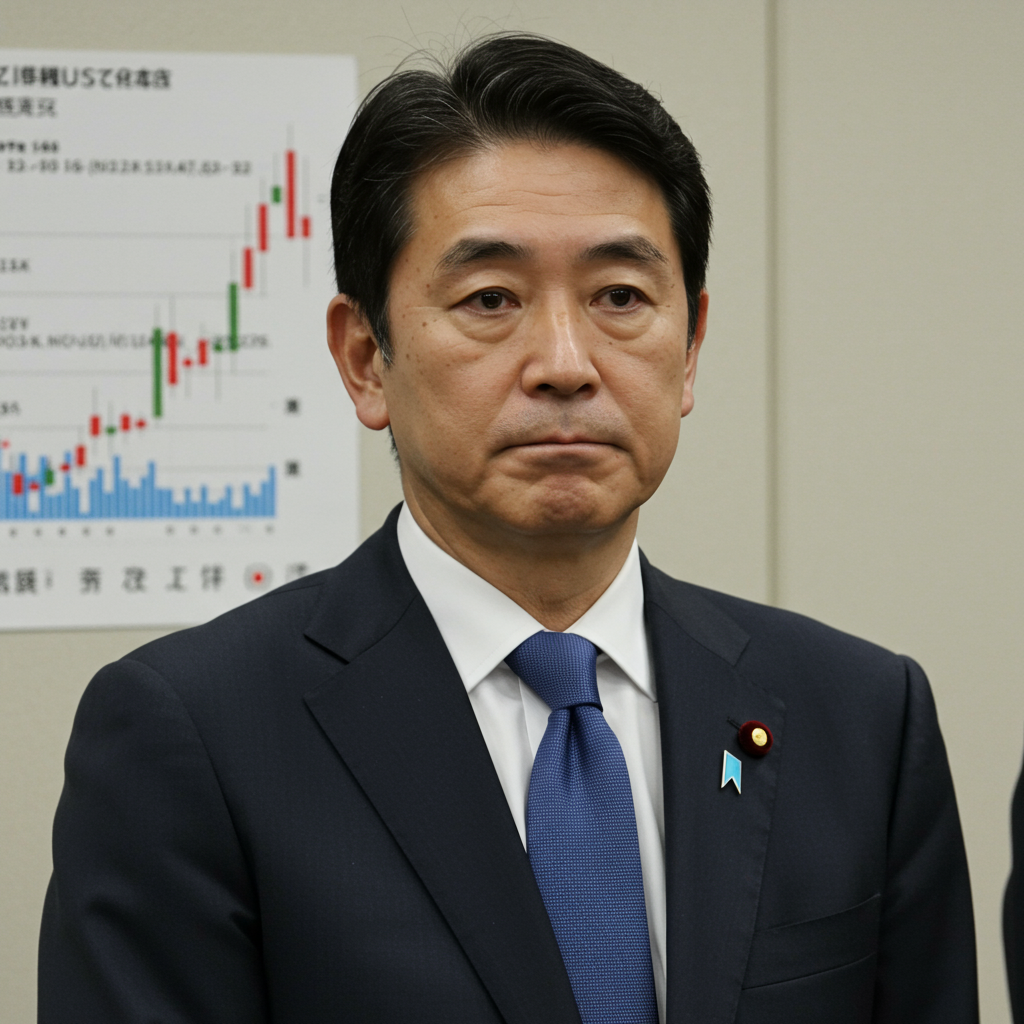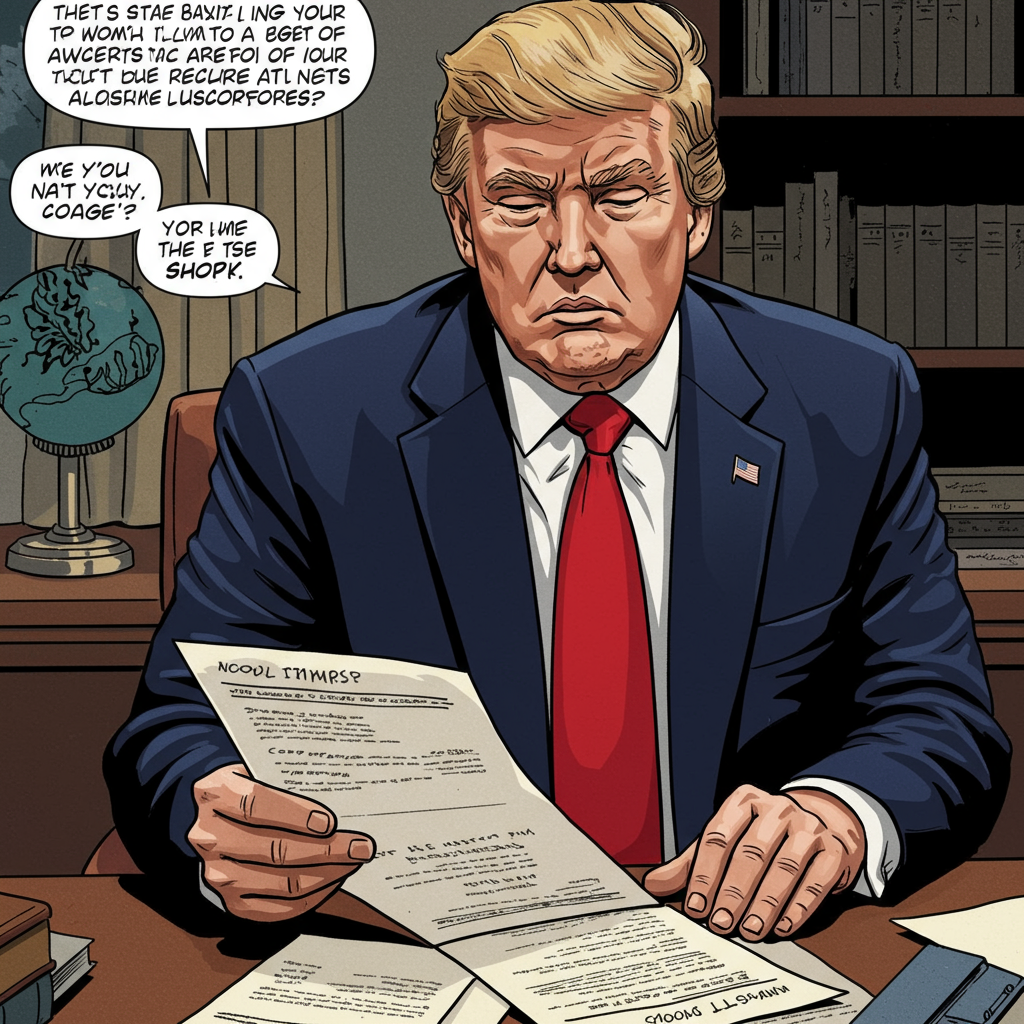Mega-Merger Gets Conditional Green Light
The U.S. Federal Trade Commission (FTC) has granted conditional approval for the massive $13.5 billion all-stock merger between advertising powerhouses Omnicom and Interpublic. This significant deal, first announced in December, is set to create the world’s largest advertising agency by revenue. Within the United States, it will specifically consolidate the third and fourth largest ad-buying agencies, forming the nation’s largest media buyer with substantial influence over billions in digital advertising spend.
However, the FTC’s green light comes with a notable and unusual condition: the newly combined entity is prohibited from coordinating with other parties to influence where advertising dollars are placed based on the political or ideological content of media publishers or platforms.
The Sticking Point: Political Content & Ad Steering
This condition is designed to prevent the merged agency from steering ad spending towards or, more particularly, away from platforms based solely on their political alignment or viewpoints. The FTC expressed concern that the combined company’s immense media-buying power could be used to suppress advertising on platforms perceived as controversial or ideologically opposed to certain viewpoints.
The proposed consent order explicitly addresses concerns linked to the controversy surrounding platforms like Elon Musk’s X (formerly Twitter), which saw a significant pull-back by major advertisers in 2023. Musk has publicly claimed these actions constituted an “illegal boycott” orchestrated partly for ideological reasons. The FTC noted that consolidating control with one fewer major competitor in the media buying space could reduce impediments for coordination among remaining players, potentially stifling platforms with dissenting viewpoints.
Specifically, the consent decree mandates that Omnicom-IPG cannot:
Maintain internal policies refusing to do business with advertisers based on their political or ideological views.
Proactively steer ad dollars away from publishers based on the publishers’ political or ideological alignment, unless a client explicitly requests such a restriction for a specific campaign.
Punish platforms like X for their content unless individual clients independently demand such exclusions.
Why the FTC Stepped In
FTC Chairman Andrew Ferguson highlighted the unique circumstances justifying this behavioral remedy, a type of settlement he has previously criticized as difficult to enforce compared to requiring asset divestitures. “The history of collusion in the market for media-buying services, and the increased potential for collusion post-merger, make this a rare instance where the imposition of a behavioral remedy is appropriate,” Ferguson stated.
He also clarified that the settlement respects free speech rights. “Today’s settlement does not limit either advertisers’ or marketing companies’ constitutionally protected right to free speech,” Ferguson said.
What This Means for Advertisers and Platforms
Crucially, the FTC’s order does not* prevent individual advertisers from making their own decisions about where to place their ads or which platforms to avoid. Advertisers remain free to instruct Omnicom-IPG to exclude certain websites, platforms, or content for brand safety reasons, reputational risk, or any other lawful basis, regardless of political content. The merged agency is permitted to follow these specific, client-driven instructions. The restriction is on the agency unilaterally implementing blanket bans or coordinating with others based on the political/ideological nature of the platform itself, without explicit client direction.
The decision, spearheaded by the current all-Republican FTC leadership, is seen by some observers as reflecting increasing concerns about potential “viewpoint discrimination” in the digital economy. While the right to boycott is generally upheld, the FTC’s action appears to distinguish between independent brand choices and potentially coordinated decisions by market-dominant players.
Compliance and Final Hurdles
To ensure compliance with the terms, the combined company will be required to provide relevant documents to the FTC and submit annual compliance reports for a period of five years.
The agreement reached requires final approval from the full FTC commission after a public comment period. Two of the three Republican commissioners voted to enter the proposed settlement, with one commissioner recused from the decision.
This ruling is expected to have ripple effects across the advertising industry, potentially creating a less predictable regulatory environment and emphasizing the need for clear, explicit instructions from advertisers regarding their placement preferences.




